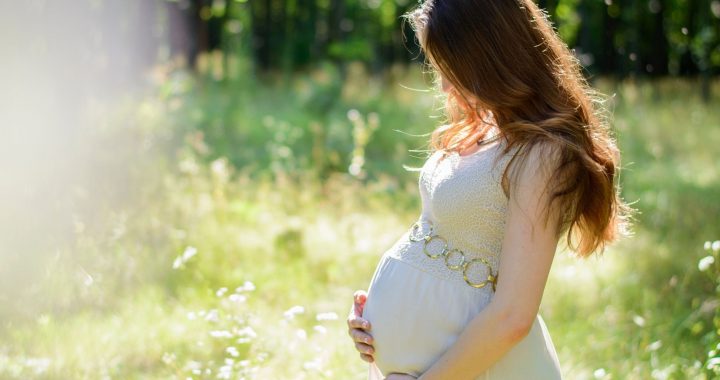Catching any illness when you’re pregnant is frightening. Once you start reading about Lyme disease and finding more stories on the internet, this may ramp up to feeling terrified.
Don’t Panic!
The most important thing to remember is that treatment exists.
The Centers for Disease Control and Prevention (CDC) in America has also addressed the question of Lyme disease in pregnancy, and the possible effects upon the unborn baby. It has the following advice:
“Lyme disease acquired during pregnancy may lead to infection of the placenta and possible stillbirth; however, no negative effects on the fetus have been found when the mother receives appropriate antibiotic treatment.”
In other words, the evidence available seems to suggest the consequences for your baby are unlikely to be serious if you take the treatment.
We’ve heard from a number of mothers with chronic Lyme disease who believe their babies were born with Lyme disease caught while they were in the womb. Although there is no definitive proof of this, we believe you should take caution and have your baby tested for Lyme disease if you believe this could be the case.


What does the NICE guideline say?
The UK’s NICE Guideline for Lyme disease makes the following recommendations for treating pregnant women with Lyme disease (in sections 1.3.18 to 1.3.21):
- Full treatment of pregnant women is very important. There are antibiotics to treat Lyme disease which are safe for unborn babies. The antibiotic will be amoxycillin rather than doxycycline, and in the published research reviewed by the guideline committee the evidence suggested it is just as effective to treat Lyme disease as doxycycline.
- There is not conclusive evidence on the probability of risk to the baby, which means a percentage risk cannot be calculated, but it is thought that the likelihood of a mother passing Lyme disease to her unborn baby is low.
- If the mother notices anything that could give cause for concern about the baby’s health, the new-born baby should be referred to a paediatric infectious diseases consultant to discuss which Lyme disease tests are appropriate.
- Babies born to mothers with Lyme disease should be treated for Lyme disease under the care of a specialist, if their Lyme test has a positive result, or if there is any other reason to suspect they may have Lyme disease.
So, what could the risks be?
Its patient advice leaflet for pregnant mothers, here, gives the following information:
“Untreated, Lyme disease can be dangerous to your unborn child. Lyme disease that goes untreated can also cause you to have brain, nerve, spinal cord, and heart problems. With early treatment, these complications can be prevented. No life-threatening effects on the fetus have been found in cases where the mother receives appropriate antibiotic treatment for her Lyme disease. In general, treatment for pregnant women is similar to that of non-pregnant adults, although certain antibiotics, such as doxycycline, are not used because they can affect fetal development.”
What about breastfeeding?
There is currently no evidence on whether Lyme disease can be passed from mother to baby through breast milk. It is known that some other infections can be passed to babies via breast milk.
Based on anecdotal evidence, and knowing how severely Lyme disease can affect young children, we think it is better to be safe than sorry, so we at Caudwell LymeCo would choose to feed with formula instead. This opinion is echoed by some doctors who specialise in treating Lyme disease patients.
This has to be your personal decision though, and we would strongly advise you to discuss the question of breastfeeding, and all its implications, with your doctor.
DISCLAIMER: Caudwell LymeCo charity shares public domain information, which it believes to be reliable, in good faith. It should never replace the advice of a qualified physician with a license to practise medicine. If you believe any information on this website to be incorrect, you are invited to contact the charity using the Contact page.

